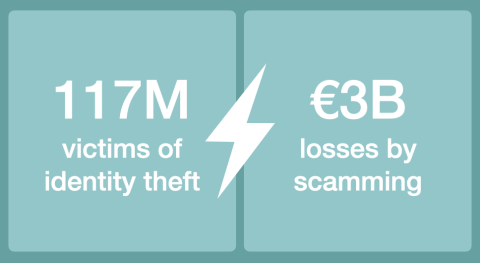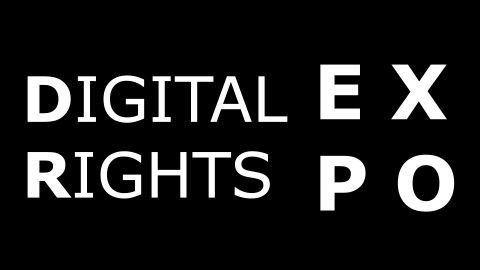The Digital Rights House initiative aims to create awareness for the need of a better foundation of our 'digital rights' in today's society, which all individuals can rely on when active online.
Subject - Fake identity

A fake identity is when someone pretends to be another person. Fake identities are used in several wrongdoings on the internet. It is used to get trusted, for instance by a fake identity of an existing person, or to be anonymous and not to be traced for their wrongdoing usually by an identity of a non-existing person.
SOURCES
MORE RESOURCES
AWARENESS CAMPAIGN DUTCH POLICE - FILM
In Dutch
'‘NEP-PROFIELEN ONTMASKEREN’ is een voorlichtingsfilm voor jongeren en gaat over hoe je een fake identity kunt herkennen en wat je er tegen kunt doen. De film is gepromoot op een voorlichting pagina van de politie over nep-profielen' Vraag het de Politie
AWARENESS CAMPAIGN DUTCH GOVERNMENT - FILM
In Dutch
"Blijf kritisch". Onder dat motto is de overheid gestart met een campagne om mensen te waarschuwen tegen neonieuws. Dit project komt van minister Ollongren die zich begin 2018 in de Dales-lezing boos maakte over de groeiende invloed van desinformatie fake news. Blijf kritisch
STATISTICS
 Stats Fake Identity
Stats Fake Identity Sources of the statistics:
Identity thefts: https://www.symantec.com/content/dam/symantec/docs/about/2018-norton-lifelock-cyber-safety-insights-report-global-results-en.pdf
Scams: https://www.marketplace.org/2019/05/16/brains-losses-top-financial-scams-2018/
Awareness message for the public by Europol
FAKE SOCIAL MEDIA ACCOUNTS
On social media, counterfeiters can:
- Register fake profiles and pages containing the original brand name.
- Offer for sale counterfeit products through their accounts, pages or in groups.
- Advertise their fake products through social media ads, luring you to their illicit websites with flash sales for items that turn out to be fakes.
- Tag their fake products with luxury brand names so that they appear in your searches.
Detecting fake social media accounts can be tricky, even for law enforcement authorities. Check some basic F***(ake) Up signs!
- If there are many updates and content published but little conversations and engaging with members.
- If you receive a request to wire money or reveal sensitive information. A tactic used by scammers.
- If it pushes spam, shares the same link repeatedly in a short period of time or provides misleading information about the destination of a link.
- If it doesn’t have the verification indicator as a high-profile user. Consult the social media platform’s FAQs or user guidelines to familiarize yourself with their indicators.
Fake identity online is a subject in the Digital Rights Expo.

